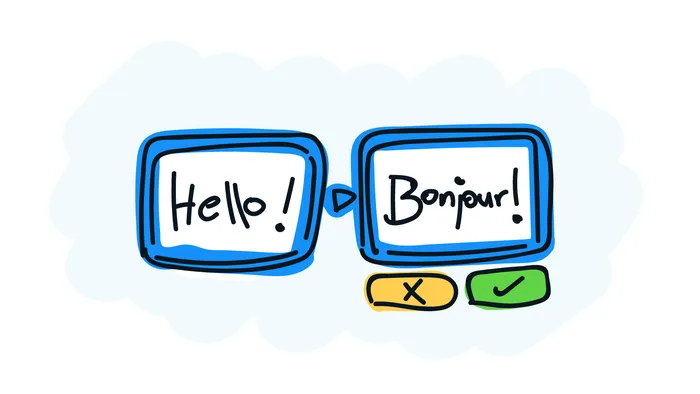ISO 17100
An international standard of quality for the core processes, resources, and other aspects necessary for the delivery of a quality translation service that meets applicable specifications.
ISO 17100 specifies requirements for the provision of professional translation services.
It defines the processes, resources, and qualifications needed to deliver translations that meet quality expectations and client requirements.
The standard places strong emphasis on the competence of translators and reviewers, project management, and clearly defined workflows. It excludes interpreting services and does not cover raw machine translation output plus post-editing.
🧑💻 Who is it for? #️⃣
ISO 17100 is intended for translation service providers (TSPs), language service companies, freelance translators, and clients who commission translations. It provides a recognized framework to assess the capability of a provider to deliver reliable, high-quality work.
☝️ Why is it important? #️⃣
This standard is widely used as a benchmark for quality in the translation industry. It ensures consistent processes, builds client trust, and allows providers to demonstrate their commitment to professional standards. By following ISO 17100, organizations can improve operational efficiency and accountability in multilingual projects.
📌 Key points about ISO 17100 #️⃣
- Defines requirements for translation processes and resources
- Specifies roles, responsibilities, and qualifications of translators and reviewers
- Establishes quality assurance procedures for translation projects
- Supports clear communication between clients and service providers
- Excludes interpreting services and post-edited machine translation outputs
Note: The latest edition is ISO 17100:2015 (Edition 1), published in May 2015, and last confirmed in 2020. An amendment was issued in 2017 (ISO 17100:2015/Amd 1:2017). The standard is to be revised, and work has started on ISO/AWI 17100, which will replace the 2015 edition once completed. Since ISO standards are reviewed and updated regularly, always check the official ISO catalogue entry for the most up-to-date status.
